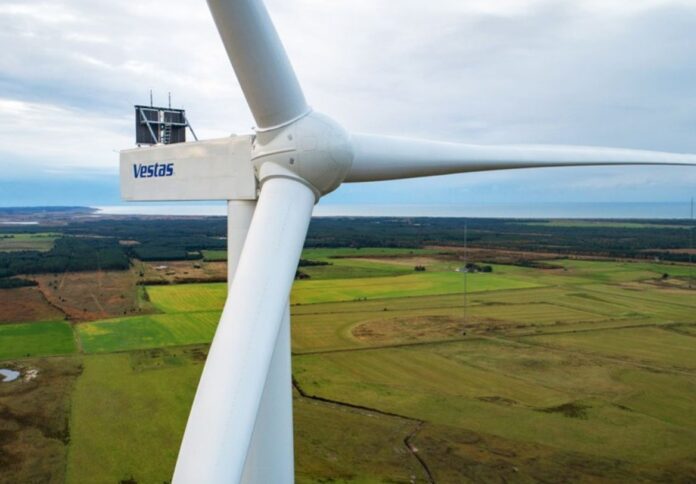
The Albanese government has placed a heavy emphasis on its efforts to promote energy security and a low-carbon future with the release of its second Budget.
Among the key measures of the Federal Budget is the development of Australia’s critical minerals industry, which will result in the creation of new downstream industries and diversifying global supply chains, enabling Australia to achieve net zero commitments.
Critical minerals are important in the manufacturing of low-emissions technologies, such as batteries, electric vehicles, and solar panels. These technologies will be crucial to global efforts to decarbonise and reach Paris commitments.
Over $57.1 million has been allocated to the Critical Minerals International Partnerships Program in a bid to enhance international engagement, attract investment, and accelerate projects of strategic interest.
Minister Madeleine King is slated to release a national critical minerals strategy, which will outline how Australia can seize the opportunity to leverage critical minerals to cater to global demand for clean energy while creating new industries and jobs in Australia.
The Federal Budget also seeks to establish a Future Gas Strategy to enhance Australia’s energy system to reach 82 per cent renewables by 2030.
Gas as a key manufacturing input will be needed as the transition to net zero accelerates domestically.
The supply of this energy source will also assist Australia and its international partners in processing critical minerals and manufacturing wind turbines, batteries, and other clean energy technologies.
Meanwhile, $12 million is set to fund a review of the environment management regime for offshore petroleum and greenhouse gas storage activities, with a particular focus on consultation, including with First Nations Australians.
The review will look into opportunities for regulatory and administrative feasibility of carbon capture and storage projects.
Furthermore, the Federal government also allocated up to $4.5 million to develop a Roadmap for Establishing a Decommissioning Industry in Australia to identify ways in which the country can benefit from the $60 billion projected expenditure, any repurposing, recycling, and waste disposal pathways for decommissioned infrastructure, as well as opportunities to re-skill oil and gas workers for an emerging decommissioning industry.




















